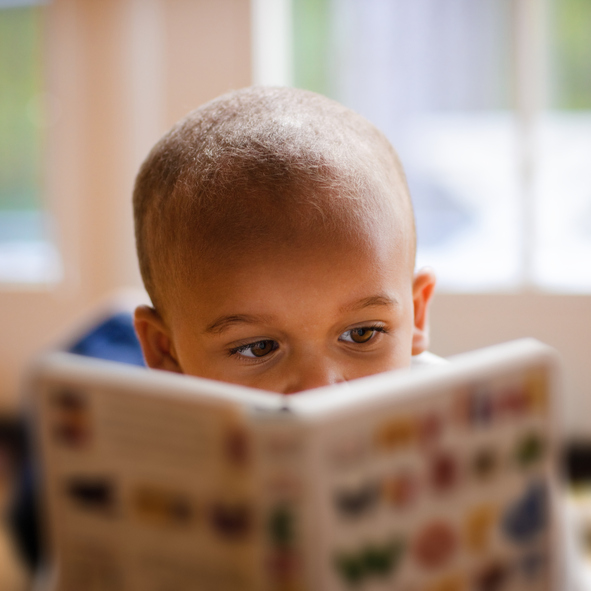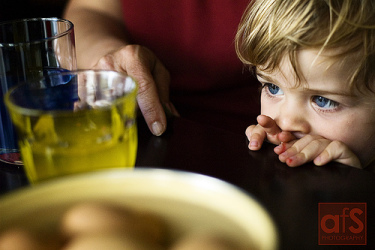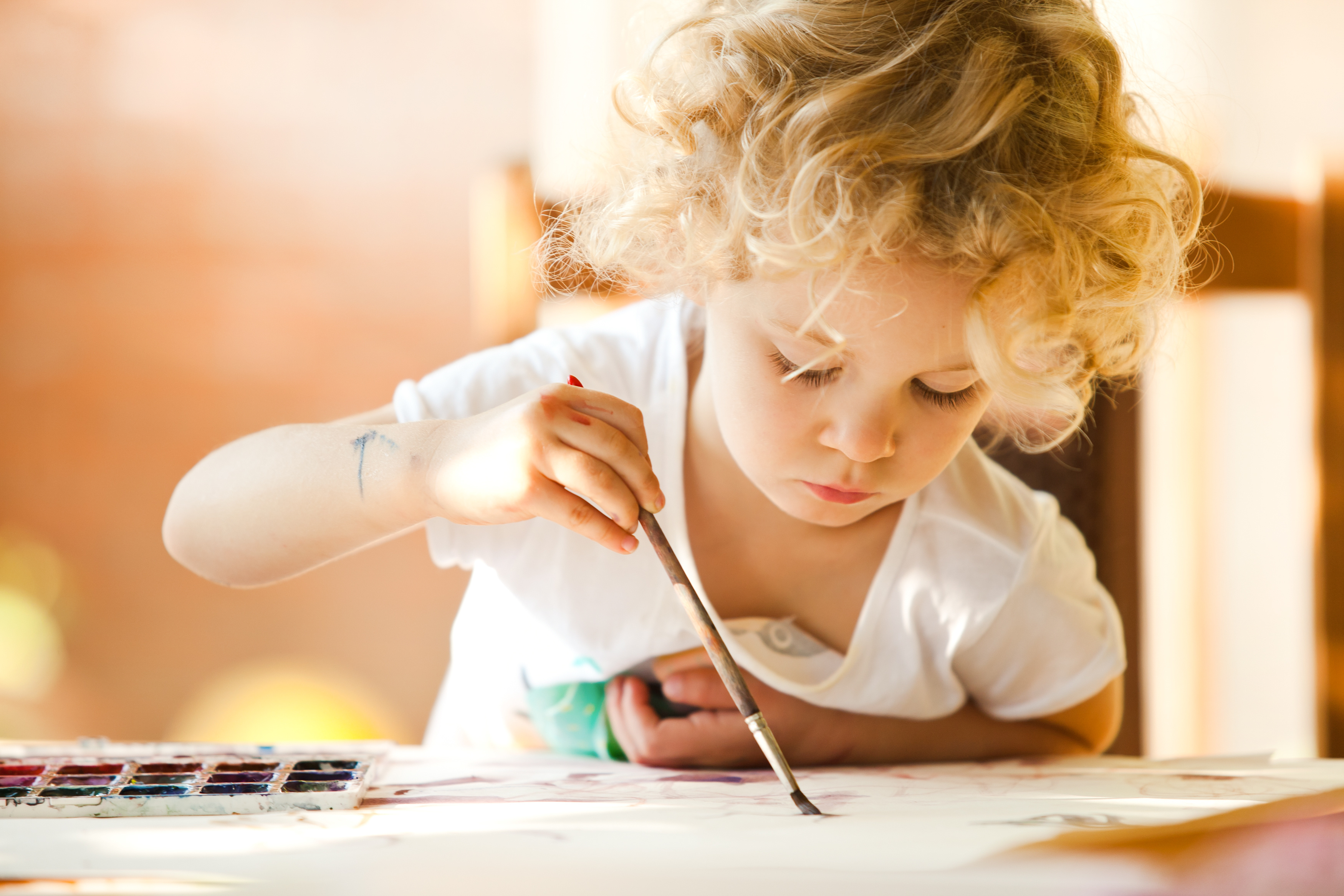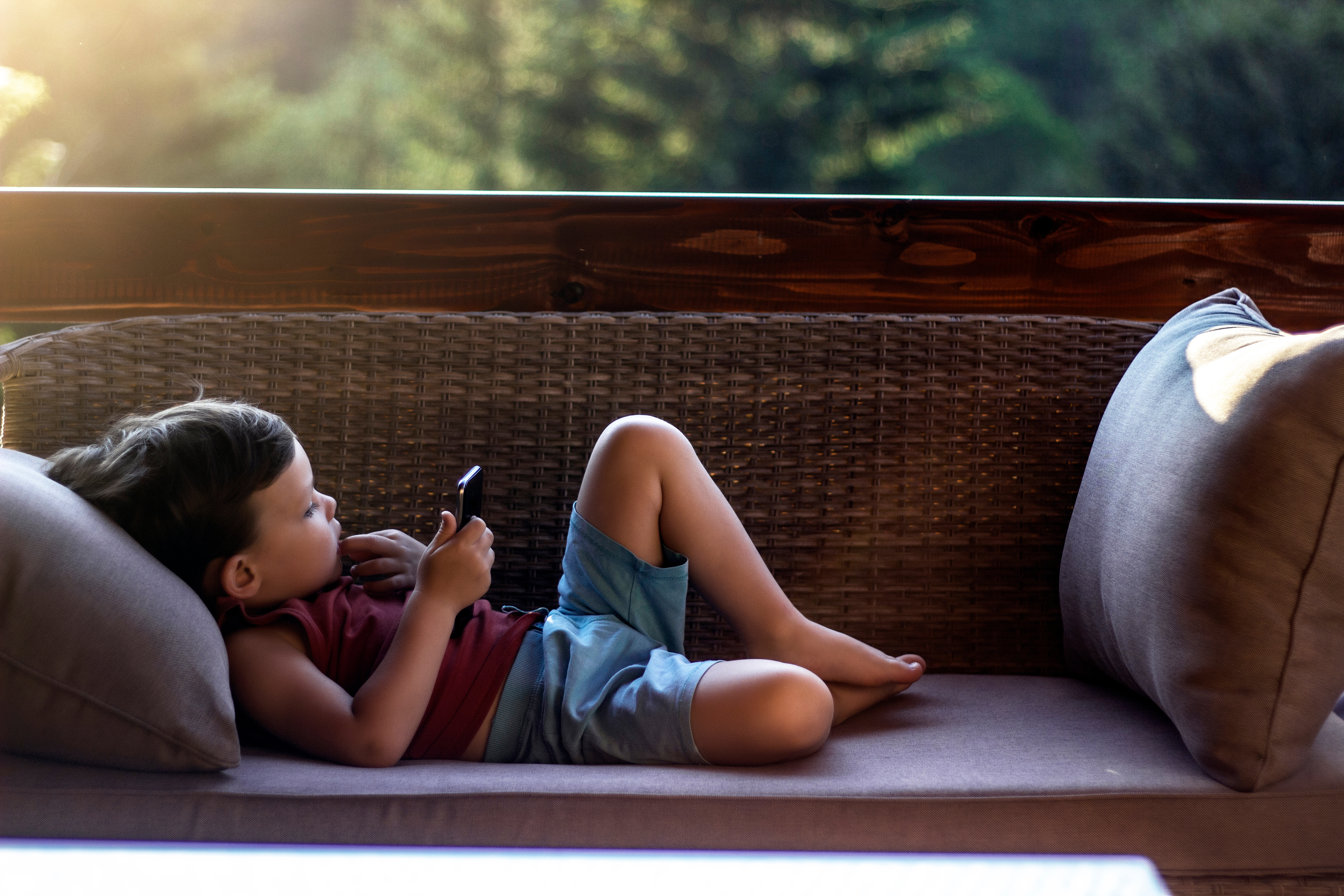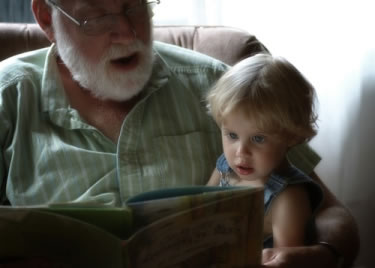Raise a Child Who Loves To Learn
We all want our kids to reach their full intellectual and creative potential, to love learning, to enjoy reading. There's no question that doing well academically gives kids huge advantages for the rest of their lives. But even more important is the lifelong joy your child will derive from learning, if you can protect his natural curiosity and love of exploration. The links below are designed to help you raise a child who's intellectually curious, creative, and excited about learning on every level -- for the long haul.
Start Here:
Raise a Child Who Loves to Read
Forget Baby Einstein. Research shows that reading to children and discussing the book as you read is the single best way to help your child love reading.
Read MoreRaise a Child Who Loves to Learn
How can you raise a smart child who loves to learn? Most people believe that intelligence is static; either you're smart or you're not. But it turns out that intelligence is more like a muscle: it can be developed with use.
What's more, if you believe that's true, and you work at building your intelligence muscle by giving your brain a workout, your brain will get even smarter! So our goal as parents is to raise kids who believe in their ability to build mental muscle by persevering even when things are hard.
Read MoreHow to Raise a Motivated Student
All parents want their kids to get good grades at school. We assume that will help them become successful. But a focus on grades is not the same as a focus on learning; in fact, if we want kids to love learning we need to see the grades as a side effect, not the main goal. This is also important for emotional health, because focusing on grades makes kids more perfectionistic and anxious, which doesn't help them learn, or even earn good grades. The tips in this article will help you support your child to develop a love of learning and also to become a motivated student.
Secrets to Raise a Creative Child
Read More“Preempt the time spent on television and organized activities and have them spend it instead on claiming their imaginations. For in the end, that is all we have. If a thing cannot be imagined first -- a cake, a relationship, a cure for AIDS -- it cannot be. Life is bound by what we can envision.
I cannot plant imagination into my children. I can, however, provide an environment where their creativity is not just another mess to clean up but welcome evidence of grappling successfully with boredom. It is possible for boredom to deliver us to our best selves, the ones that long for risk and illumination and unspeakable beauty.
If we sit still long enough, we may hear the call behind boredom. With practice, we may have the imagination to rise up from the emptiness and answer.”
-Nancy H. Blakey
Why Screens Compromise Emotional & Academic Development: An Interview
We all have complicated relationships with our screens. They're indispensable tools in our modern lives. And yet there is a cost to screen usage that most of us try to avoid acknowledging.
Research consistently demonstrates that the more we use screens, the more negative the effect on our brains and bodies. Social media usage in particular can be a mental health risk factor, especially for vulnerable populations like preteen and teen girls. In children, screens change the brain by shortening the attention span. And at all ages, screens offer a dopamine hit that can become addictive.
In this interview, Dr. Laura Markham discusses the impact of screens on children's emotional and academic development.
Read MoreHandling Boredom: Why It's Good for Your Child
“Mom, Dad....I’m bored.”
Makes you feel put on the spot, right? You might even feel like you're a bad parent. Most of us pressured to solve this "problem" right away. We usually respond to our kids’ boredom by providing technological entertainment or structured activities. But that's actually counter-productive. Children need to encounter and engage with the raw stuff that life is made of: unstructured time.
Read MoreRecommended: 5 Star Children's Books
My father took all six kids to the library every two weeks, and each of us emerged with a tall stack of books. My mother-in-law is a librarian who has a reading room named after her. So, of course, the library has been a big part of my children's lives.
